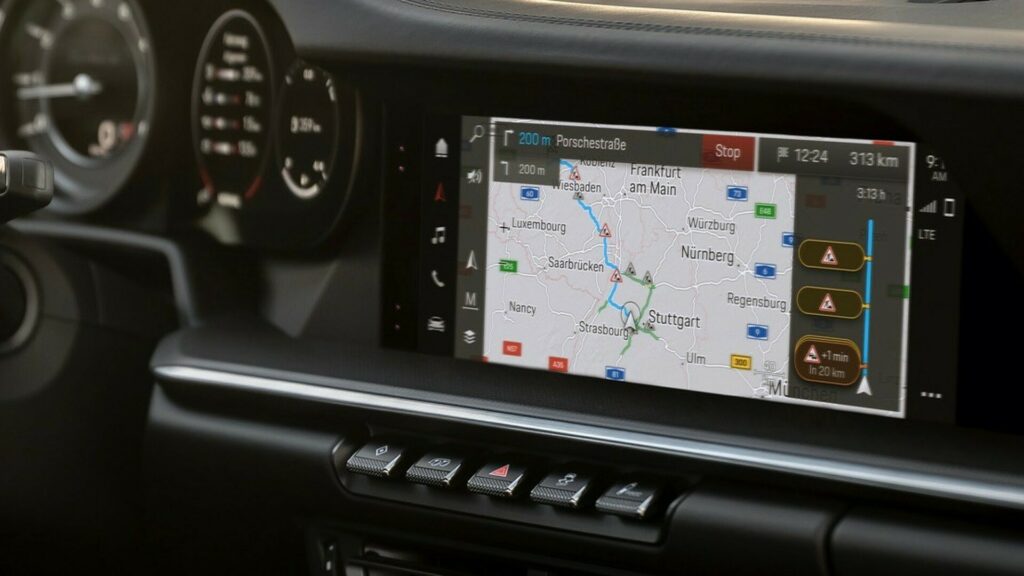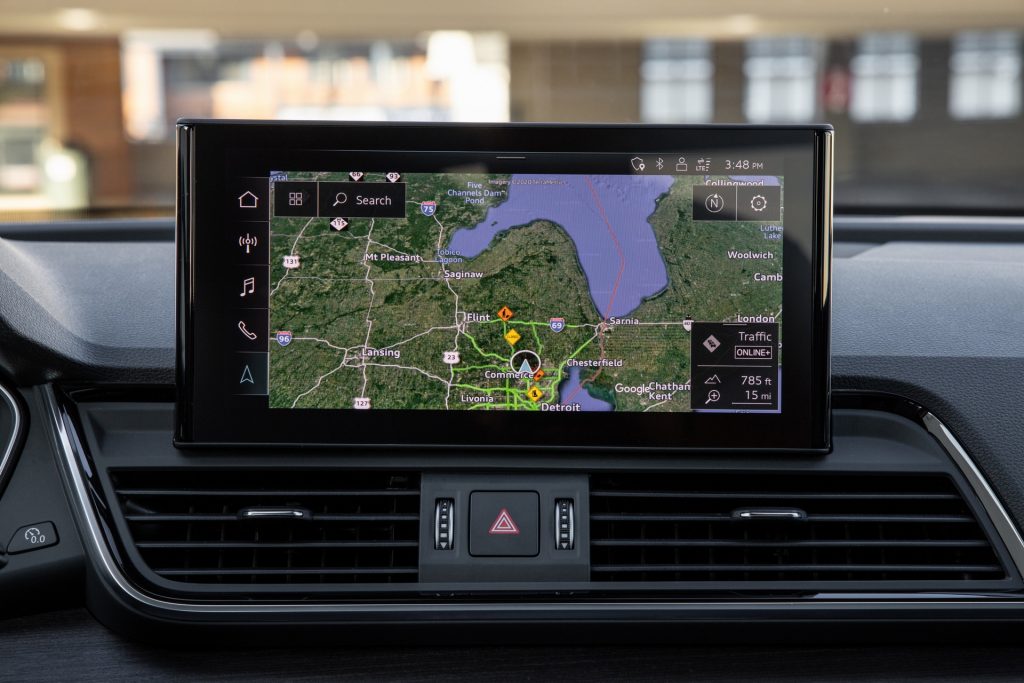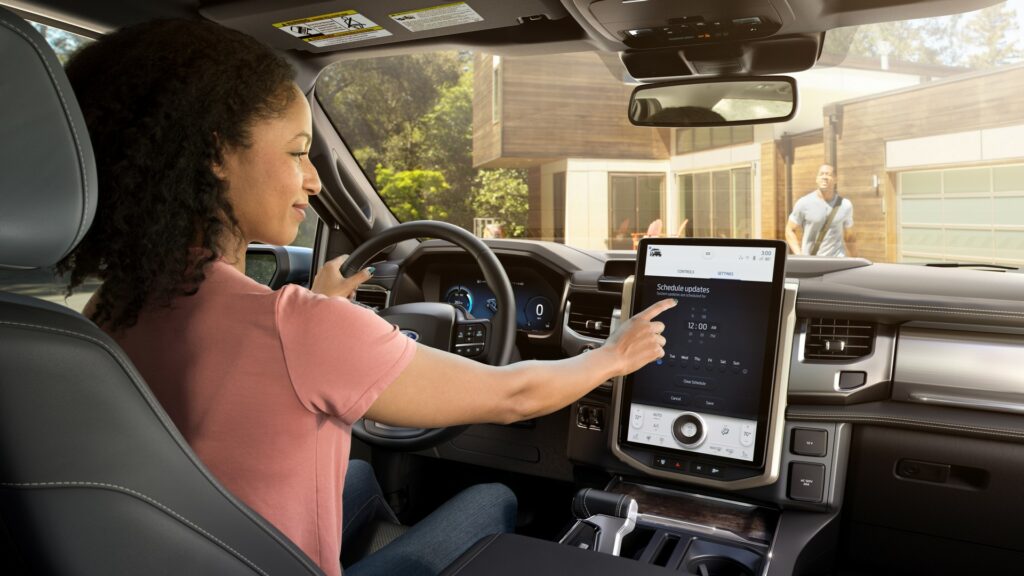- Quick Look at the 2020 Volkswagen Atlas Cross Sport | MotorTrend - March 13, 2024
- BMW Design – 2009 BMW Z4 – 2009 Detroit Auto Show - March 11, 2024
- Top 10 Car Features Women Love - October 7, 2023
The tech surrounding infotainment systems is the most problematic feature on newer vehicles and it’s contributing to a gap in reliability scores
4 hours ago

by Stephen Rivers
Luxury vehicle owners might have the freedom to enjoy special technological features that premium and mass-market customers don’t but those features come at a cost. According to a new study from J.D. Power, the tech surrounding infotainment systems is the most problematic feature on newer vehicles and it’s contributing to a gap in reliability scores.
As we outlined in another article, reliability ratings are actually going up across the auto industry according to this study. Still, at the same time, infotainment troubles continue to be the most vexing part of the experience for many. The gap in reliability between mass-market brands like Kia and luxury brands like Tesla is the widest it’s been in 34 years.
Much of that gap is related to the complex infotainment and technology package fitted to luxury cars. It’s also part of the reason why so many luxury brands fell below the average in the dependability study. “It is typical in the automotive industry to roll out concepts and features by putting them in premium vehicles first,” said Frank Hanley, senior director of auto benchmarking at J.D. Power.
Read: The New Aehra Electric SUV Has A Massive Extendable Screen

Over time, that technology can get slower, less applicable, or become obsolete altogether. The study specifically called out built-in voice recognition, Android and Apple connectivity, Bluetooth connectivity, touchscreen use difficulty, and outdated navigation programs that led to lower dependability scores.
In other cases, it can simply be unreliable during everyday use. Hanley told Reuters that Tesla owners specifically complained about problems with the Autopilot driver assistance system and the forward collision warning systems, as well as wind noise. While Tesla didn’t qualify to be ranked in this year’s study, the score it ended up with would’ve been fifth from last (among 32 brands) had it been included.
advertisement scroll to continue
That would’ve placed it just ahead of Ford, Audi, Lincoln, and Land Rover. Mercedes-Benz, Jaguar, and Porsche all fared better but still fell below the average dependability score for vehicles in the study. Of the 32 brands included, only BMW, Cadillac, and Lexus managed to be above average regarding dependability. In fact, Lexus took the top spot altogether.

